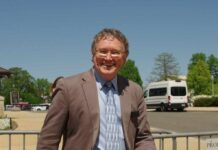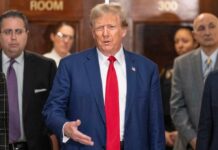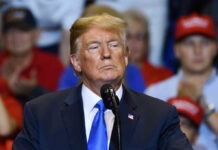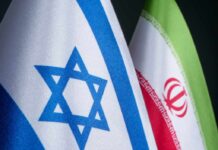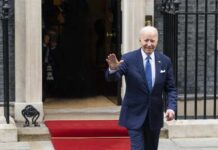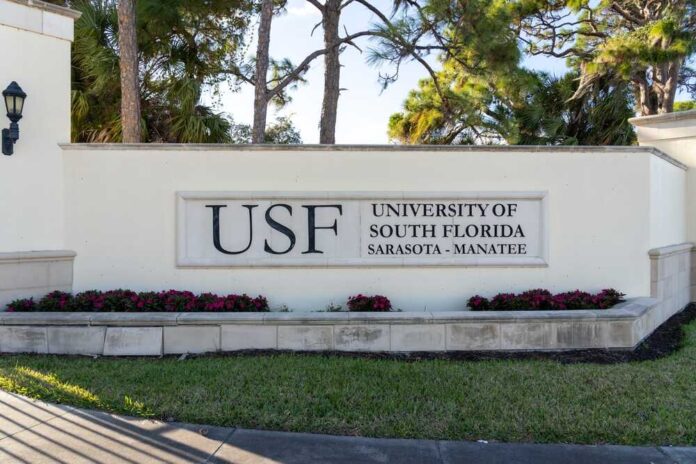
A sizable segment of the population believes that it is impossible for any non-White person to be racist, which has inevitably led to a litany of cases involving open and brazen discrimination against Whites based entirely on the color of their skin.
In one recent example, University of South Florida student Andrew Davis was allegedly prevented from participating in a campus event billed as a mental health meeting. When he attempted to register with the university’s Counseling Center, he said he was informed that Whites were not allowed.
Expressing his interest in a “Understanding Self and Others” meeting held in October, he emailed the organizers and noted that the only convenient time for him to attend had been designated strictly for students who identify as Black, indigenous, and people of color.
“I am not a BIPOC student but was wondering if I would still be able to attend?” Davis wrote.
The Counseling Center essentially told him he was out of luck due to his skin color.
Student denied mental health access for being White
A USF student was denied access to mental health services because he was not part of the right racial groups, exclusive emails and documentation obtained by Campus Reform show.— George L. Duncan (@GeorgeLDuncan) March 6, 2023
“Unfortunately, we do need to keep this space specific to BIPOC folks, as the topics that come up are going to be unique to those identities,” the response advised. “Hopefully, you’ll be able to catch another one either during Winter break and/or next semester.”
When he brought his concerns to the university’s Office of Compliance & Ethics, he said that officials only made things worse. Specifically, he said that USF Equal Opportunity Officer Kenneth Thomas took an “accusatory” tone and talked down to him during a meeting to address the issue.
Thomas reportedly asked Davis if he “knew what BIPOC meant” and stressed the perceived importance of racial segregation on campus.
“He did not seem concerned about my complaint and was more worried about the University’s ability to continue these groups,” the student recalled.
In the end, USF apparently did make at least a partial concession. In a recent update to the story, Davis said that he received a response from the Counseling Center that confirmed it “will not prohibit any category of student [from] participating in specialized counseling groups unless specific exception, or a medical mandate is identified that may support exclusivity.”



